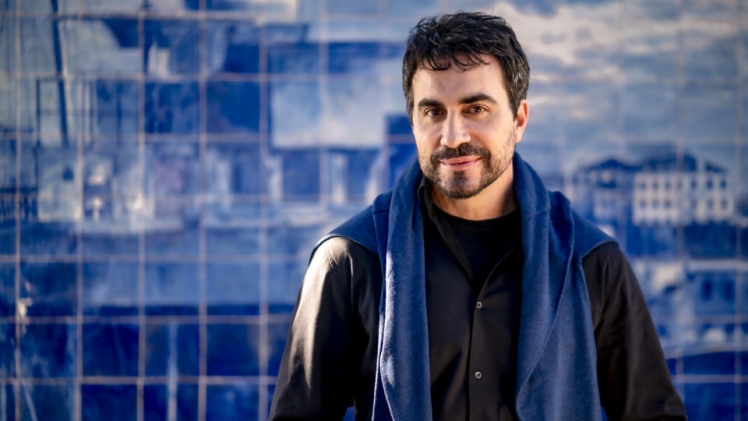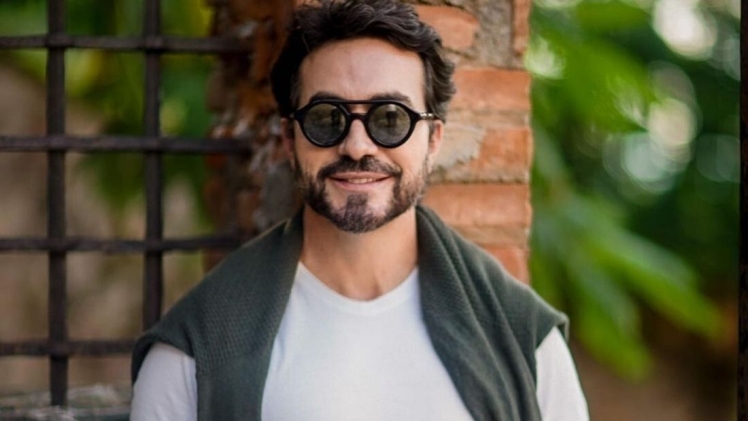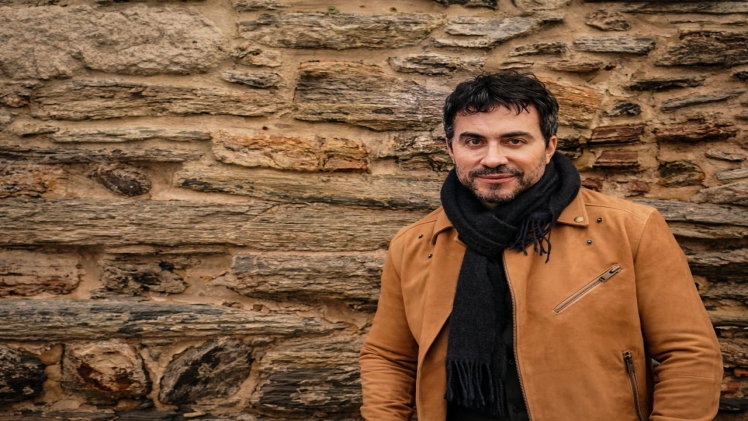
Fábio de Melo, a name synonymous with Brazilian music and spirituality, has gained widespread recognition as a Catholic priest, singer, and composer. With a deep connection to faith and the arts, de Melo has become a prominent figure not only in Brazil but across the globe. Known for his soothing voice, profound lyrics, and commitment to his spiritual calling, he has touched the lives of millions through his music and religious teachings. In this article, we will explore his life, family, career achievements, and more.
Early Life and Spiritual Calling
Fábio José de Melo Silva, better known as Fábio de Melo, was born on April 3, 1971, in the small town of Formiga, located in the state of Minas Gerais, Brazil. He grew up in a modest, religious family, where spirituality and music were integral parts of daily life. His parents, José de Melo and Maria da Conceição Silva, were devout Catholics, and their influence played a significant role in shaping Fábio’s future path.
From a young age, Fábio exhibited a natural talent for music. He learned to play the piano and guitar, and his voice quickly stood out as a gift. Music was not just a passion but a medium for expressing his faith. Fábio also had a strong calling towards the priesthood, which led him to pursue studies at the Archdiocese of Pouso Alegre, eventually joining the clergy.
In 1995, at the age of 24, Fábio de Melo entered the religious life as a member of the Congregation of the Priests of Saint John Mary Vianney. His decision to become a priest was influenced by his desire to serve both spiritually and through music. He soon became known not only for his theological expertise but also for his musical performances at various religious events.
Music Career and Rise to Fame

While Fábio de Melo’s primary vocation is that of a Catholic priest, his music career has been a defining aspect of his public life. In 1997, Fábio de Melo released his first album, “Fábio de Melo – Ao Vivo”, which marked the beginning of his journey as a recording artist. The album received critical acclaim for its combination of spiritual hymns and soothing, melodic music that resonated with a broad audience. Fábio’s music, often reflecting themes of faith, love, and human emotions, quickly found a place in the hearts of many.
His music is primarily a fusion of Catholic liturgical songs and contemporary Brazilian music, allowing him to connect with both religious and secular audiences. Over the years, Fábio released multiple albums that were widely successful. Some of his most popular albums include “Filho do Céu” (2002), “O Maior Presente” (2005), and “No Meio do Caminho” (2009). These albums featured songs that ranged from sacred hymns to more personal, reflective pieces.
One of the key elements of Fábio’s appeal is his ability to blend spirituality with mainstream music. His songs often carry deep messages of hope, faith, and redemption, making them popular not only among Catholics but also among people of various faiths and backgrounds. Fábio’s music transcends the boundaries of traditional religious music and has become an integral part of the Brazilian music scene.
In addition to his music, Fábio de Melo became a frequent guest on Brazilian television, appearing on popular talk shows and religious programs. His calm demeanor, warm personality, and ability to speak on complex spiritual topics with clarity helped him build a loyal fan base. His presence on social media platforms further solidified his connection with younger audiences, making him a prominent figure in the digital space as well.
Age
Fábio de Melo was born on April 3, 1971, making him 53 years old as of December 2024. Despite his age, he continues to be an active performer and priest, engaging in both his musical career and his religious duties.
Family Life
Fábio de Melo comes from a humble and deeply religious family. His parents, José de Melo and Maria da Conceição Silva, instilled in him a strong sense of faith and discipline from an early age. While Fábio de Melo is well-known for his spiritual commitments, very little is known about his immediate family members. His choice to pursue the priesthood means that he has not married or started his own family in the traditional sense. He has, however, spoken about his deep affection for his parents and the role they played in his personal and professional development.
As a Catholic priest, Fábio de Melo lives a celibate life, dedicating himself to his faith and music. His family and friends remain an important part of his support system, and he has frequently shared his gratitude for their encouragement throughout his journey.
Net Worth

Fábio de Melo’s net worth is estimated to be between $2 million and $5 million, primarily from his successful music career, record sales, concerts, and public appearances. His ability to reach diverse audiences and his long-standing popularity in Brazil and abroad has made him one of the most successful religious artists in the world.
Fábio de Melo’s music has been a significant source of income, and his albums and live performances have been consistently well-received. His popularity in Brazil, particularly within the Catholic community, has translated into lucrative opportunities, including collaborations with various organizations, record labels, and religious institutions.
Additionally, his social media presence has been a driving force behind his growing income. With millions of followers across platforms like Instagram, Twitter, and YouTube, Fábio has built a thriving online presence that has opened new doors for monetization through digital content.
Height
Fábio de Melo stands at approximately 5 feet 10 inches (178 cm) tall. His tall, slender frame and calm presence further contribute to his charismatic image, both as a priest and an artist. His physical stature is complemented by his deep voice and elegant musical style, which have made him a beloved figure in Brazil and beyond.
Personal Life and Influence
Fábio de Melo has always maintained a private and humble lifestyle, keeping much of his personal life out of the public eye. He has often expressed that his primary focus remains on his spiritual duties and his music. His fans admire his humility and his ability to stay grounded despite his fame.
Apart from his music and religious work, Fábio has become a voice for many people struggling with life’s challenges. His songs are often filled with messages of comfort and strength, inspiring listeners to overcome personal difficulties and seek solace in their faith. He has used his platform to address social issues, including the importance of family, compassion, and community.
Fábio de Melo’s influence extends beyond his music. As a Catholic priest, he has used his position to spread messages of peace and healing, often participating in charity work and humanitarian efforts in Brazil and around the world. His music and ministry continue to inspire and uplift those who encounter it.
Conclusion
Fábio de Melo is a unique figure in the world of music and religion. His ability to intertwine spirituality with artistry has made him a beloved figure, and his songs continue to resonate with audiences across generations. Whether performing at a religious gathering or releasing an album, Fábio’s voice and message remain powerful tools for spreading love, hope, and faith. With a career spanning over two decades, his legacy is one of devotion, compassion, and musical excellence, making him a cherished figure in both Brazilian culture and the global Catholic community.